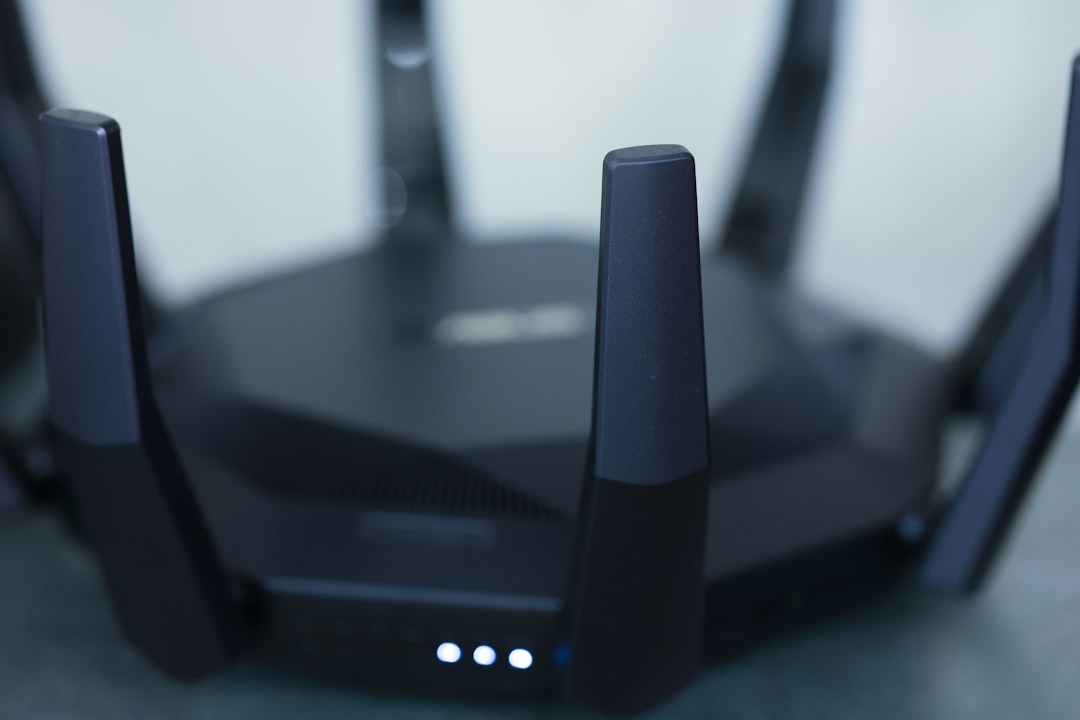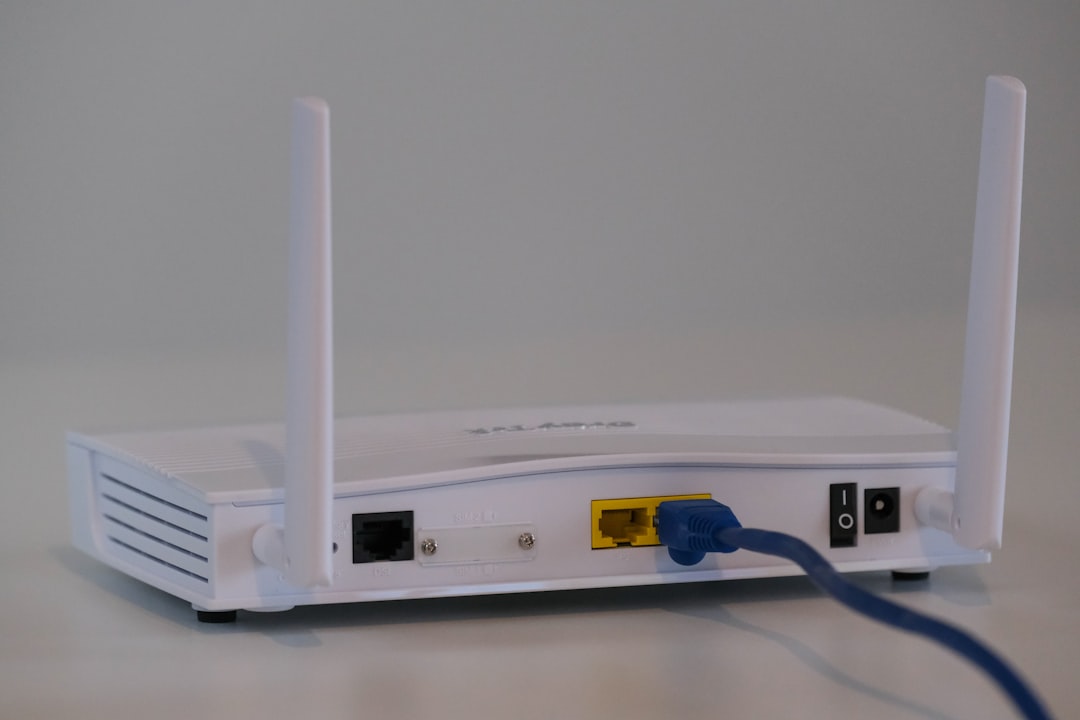Ever wonder how your computer knows where to find a website when you type in something like www.catsvideo.com? That’s the job of something called DNS – which stands for Domain Name System. It’s like the internet’s phonebook. But just like calling someone, you wouldn’t want random people listening in. That’s where Private DNS and DoH come in. Let’s break it down in a fun and simple way!
What is DNS in the First Place?
When you go to a website, your browser doesn’t understand names like www.pizza.com. It needs an IP address like 192.168.1.1. DNS does the magic of turning names into numbers.
Think of it this way:
- You want to visit a website.
- You type the name in your browser.
- Your computer asks a DNS server: “Where’s this website?”
- The DNS server replies with the website’s IP address.
- Your browser goes there! Yum, digital pizza!
But here’s the problem. Old-school DNS asks are usually unprotected. Anyone snooping on your network – like a nosy neighbor or even your internet provider – could see the websites you’re visiting. 😱
Enter Private DNS and DoH
This is where Private DNS and DNS over HTTPS (DoH) come in. They’re like putting your mail in an envelope before sending it. So only the recipient can see it. 🕵️♂️
There are two main heroes in this story:
- Private DNS: A way to securely talk to a DNS server without spilling your secrets across the internet.
- DoH (DNS over HTTPS): Encrypts your DNS queries using the same technology that makes secure websites work.
It’s like whispering your questions through a secure tunnel — even if people are watching, they can’t hear what you’re saying.

Why Should You Care at Home?
You’re probably thinking, “I’m not a secret agent. Why do I need this?” Well, here are some reasons:
- Privacy: Your internet provider won’t know every website you visit.
- Security: You avoid bad DNS servers that could trick you into visiting fake websites.
- Parental Control: Some DNS services let you filter out nasty stuff.
- Faster Browsing: Some private DNS services can even speed things up!
What’s the Difference Between DoH and DNS over TLS?
Both DoH and DNS over TLS (DoT) encrypt your DNS traffic. But they do it differently:
- DoH: Encrypts DNS traffic inside normal HTTPS (like visiting a secure website).
- DoT: Uses a special secure connection just for DNS lookups.
For home users, DoH is often easier to use. It works inside your browser or operating system without tinkering with your router. 👌
How Can You Use It at Home?
Good news! It’s not rocket science. 😄 Let’s look at a few simple ways to get started:
1. Use a Browser That Supports DoH
Most popular browsers support DoH now. You just need to turn it on:
- Firefox: Go to Settings → General → Scroll to Network Settings → Click “Settings…” → Enable DoH.
- Chrome: Go to Settings → Privacy and Security → Security → Enable “Use secure DNS”.
- Edge: Same as Chrome! They share a lot under the hood.
2. Set Up Private DNS on Your Device
If you’re on Android or some versions of Windows, you can set a Private DNS system-wide.
- Android: Go to Settings → Network & Internet → Private DNS → Enter your provider (like dns.google or 1dot1dot1dot1.cloudflare-dns.com).
- Windows 11: Go to Settings → Network → Advanced Settings → Enable DNS over HTTPS.
3. Use a Router with Private DNS Features
If you’re techy, login to your router and see if it supports DoH or DoT. Many modern routers do!
This way, every device in your home gets covered. No need to set up each one individually.

Some Great DNS Providers
Here are some trusted providers you can use for Private DNS or DoH:
| Provider | DoH Address | Cool Features |
|---|---|---|
| Google DNS | https://dns.google/dns-query | Fast and reliable |
| Cloudflare DNS | https://cloudflare-dns.com/dns-query | Privacy-focused, super fast |
| NextDNS | Custom depending on your config | Parental control, ad blocking |
| Quad9 | https://dns.quad9.net/dns-query | Security-focused, blocks malware |
What About the Downsides?
Nothing is perfect. Here are a few things to remember:
- Some websites might load slower depending on the provider.
- Not all devices support DoH or Private DNS natively.
- You need to trust your new DNS provider – choose wisely!
Advanced Tip: Use DNS Filtering
If you want to go a step further, use a DNS service that blocks ads or adult content. This is great if you have kids or just want a cleaner online experience.
NextDNS and AdGuard are popular for this. They let you:
- Set filter rules
- Track DNS traffic from your home
- Block trackers and popups

Final Thoughts
The Internet is awesome, but it’s better when it’s private and secure. By using Private DNS and DoH, you take a big step in protecting yourself and your family at home. You don’t have to be super tech-savvy, just a little curious!
So next time you snack while watching videos about kittens, remember: you’re doing it privately, securely, and with style. 🐱✨
Happy browsing!



